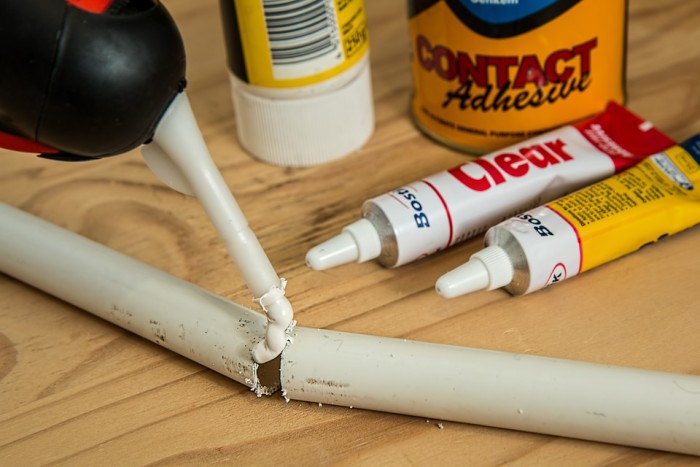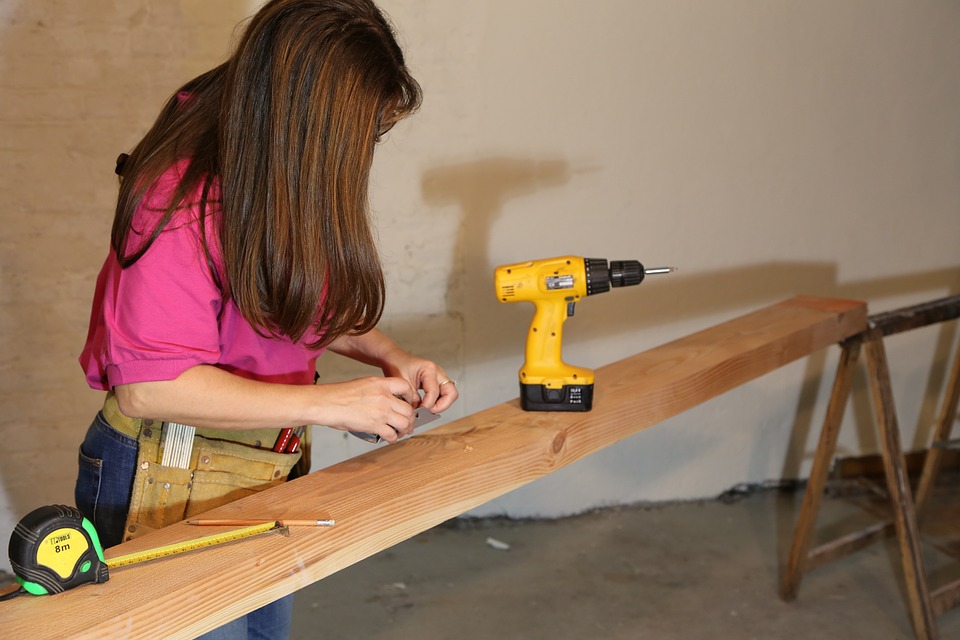DIY can be a rewarding experience when it goes well, but it can also be an exercise in frustration if it goes poorly. It also carries a large amount of risk, since people who like to do it themselves are often using sharp instruments and power tools.
Slater & Gordon have revealed that a large percentage of people who are planning to do DIY are completely unaware of the risks involved with seemingly simple home improvement tasks.
An example? Many people think nothing of working with wood. But when you’re sanding or cutting, sawdust is released into the atmosphere and if you breathe it in, it can cause serious respiratory problems. MDF is a big risk, since urea formaldehyde is used as a bonding agent, which is known to be a carcinogen. That means that if you’re planning to work with it, it’s crucial that you wear a face mask.

Another harmful substance is asbestos, which is commonly found in homes and buildings that were built before the 1980s. This is also linked to cancer, and when it’s left alone asbestos generally isn’t harmful, but if it’s disturbed, the fibres within the asbestos can cause mesothelioma which is a particularly aggressive form of cancer.
One of the risks that many people forget about is the risk of being exposed to volatile organic compounds (VOCs). These are found in alcohols, carpet, particleboard, acetone, cleaning products, adhesives, paint, and paint strippers. These can cause cardiovascular issues, along with neurological symptoms like lightheadedness, nausea, headaches, and irritability.
So how do you stay safe if you’re planning to do DIY this year? Firstly, you want to contain any dust in your work area, or make sure you have ventilation that goes outside. You’ll also need to protect the rest of your house so be sure to sweet and clean daily, and spray surfaces with a bit of water before you do any demolition or cutting to keep the amount of dust down. One thing that many people forget to do? Closing air conditioning vents which will prevent the dust from circulating through the rest of the house.
Safety equipment is a must. Before beginning any DIY projects, think carefully about the risks and hazards associated with the work you’ll be carrying out. Any time you’re working with wood or anything with airborne fumes or particles, you need to be wearing a safety mask. The same goes for eye protection, which will prevent things from flying into your eyes while you’re working, and if you’re going to be using loud equipment, hearing protection will mean you’re less likely to begin losing your hearing at a young age.
There are many benefits to DIY, and you’ll be proud when you’ve finished working on your home with your own two hands. However you need to make sure you’re doing it right if you’re going to do it yourself, so stay safe while you’re DIYing this year!



